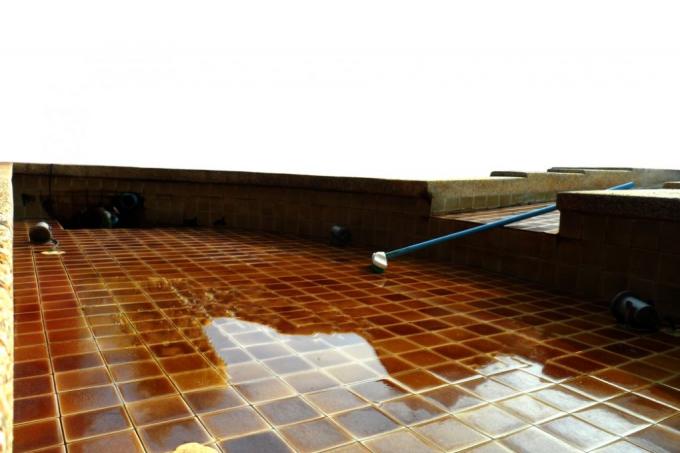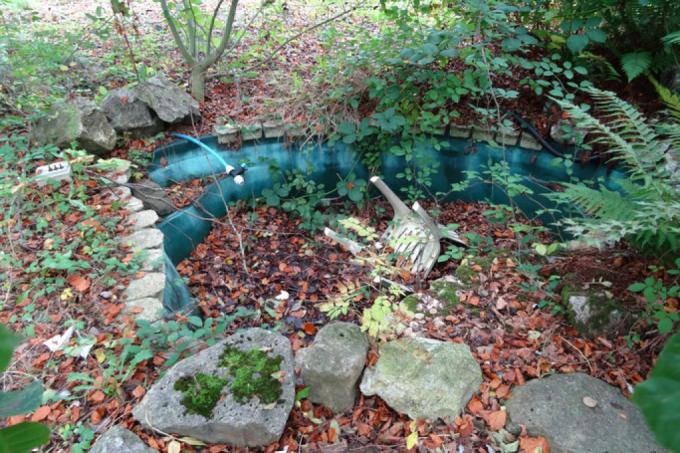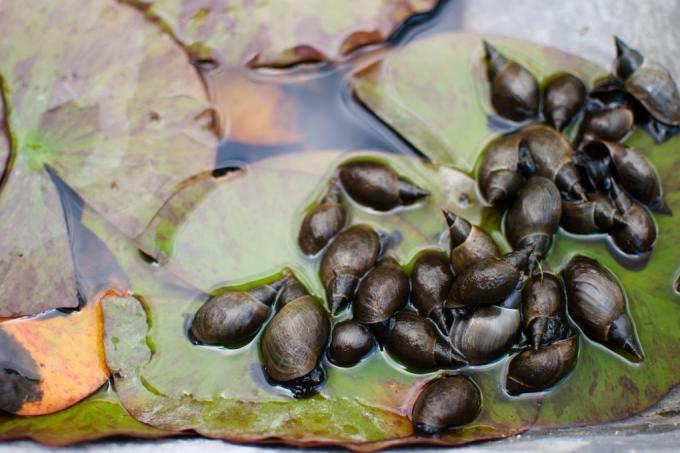AT A GLANCE
How can I dispose of pond sludge?
Pond sludge can be disposed of in various ways: in small quantities in residual or organic waste bins, as a free delivery to the composting plant or by commissioning a recycling company. The environmentally friendly way is to use it as fertilizer in your own garden.
disposal options
Depending on the region, you have different options for disposing of large amounts of pond sludge. In some cities it is possible to flush the material down the sewer with water. Anyone who acts arbitrarily here without prior information risks high fines. Check with your local waste authority for options.
also read
Safe ways of disposal:
- residual waste bin or organic waste for small amounts
- free delivery to the composting plant
- Hire a recycling company
When it comes to rehabilitating a pond, a few cubic meters of sludge can accumulate. Special disposal companies not only take care of the removal of the material but also take care of the suction. The costs incurred here depend on the amount of substrate, the amount of work and the transport routes.
Tip
In order to prevent silting up, the use of so-called pond sludge removers is recommended. However, these are of little help if the water body is already heavily silted up.
Information for pond owners
Farmers with bodies of water on their land, pond owners and anglers and fishing associations can use their pond sludge, provided that it is free of substances that are hazardous to the environment or health, available for nature conservation measures place. The responsible water authority carries out an assessment of this option. If the soil material does not fall into the category of uncontaminated substrates, it must be treated as waste.
Fertilize with pond mud
Microorganisms have decomposed plant parts, leaves and uneaten food on the pond floor and made the nutrients available to the plants. The extracted sludge is therefore ideal as a fertilizer for crops and ornamental plants. If you use a mud vacuum, you can direct the substrate through a drain hose into the beds. If large quantities accumulate, you should dry them before further use.
dry substrate
Lay four squared timbers into a square, which you line with garden fleece. This device serves as a catch basin where the water seeps away and the sludge particles remain. You can then spread the concentrated pond sludge in the garden with a bucket or shovel.








